Our History
-
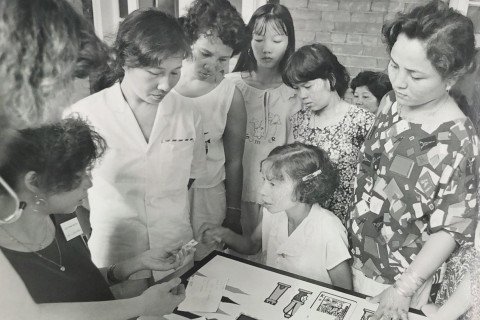 1979The Founding: ASSISTING THE VIETNAMESE
1979The Founding: ASSISTING THE VIETNAMESEMohawk Valley Resource Center for Refugees (MVRCR) was officially established with the help of our first executive director, Roberta Douglas, her husband, a group of local clergy, the Superintendent of Utica Schools, the Oneida County Executive, and the Lutheran Immigration and Refugee Service. This was in response to the war in Vietnam and the formal establishment of a federal program with the 1980 Refugee Act.
-
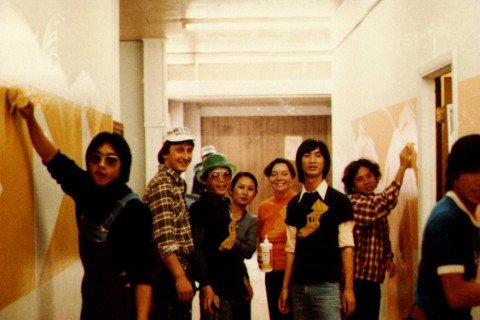 1980sWelcoming AMERASIANS, SOUTHEAST ASIANS & INDIVIDUALS FROM THE FORMER SOVIET UNION
1980sWelcoming AMERASIANS, SOUTHEAST ASIANS & INDIVIDUALS FROM THE FORMER SOVIET UNIONMVRCR grew and prospered with refugee numbers increasing as the Mohawk Valley welcomed individuals from Vietnam, Cambodia, Laos, and Poland. The third large wave of refugees began in 1988 with the arrival of the first families from the former Soviet Union.
-
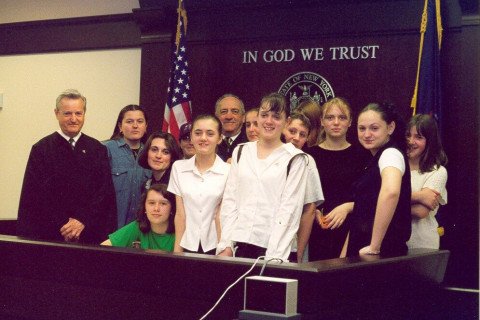 1990sBOSNIAN REFUGEE RESETTLEMENT REACHES RECORD NUMBERS
1990sBOSNIAN REFUGEE RESETTLEMENT REACHES RECORD NUMBERSWhen Bosnian refugees were included in the U.S. refugee allotment, MVRCR relocated 79 Bosnians during the first year of the program and in 1997 alone, resettled 1,145 Bosnians — the largest number of individuals ever resettled in one year. By 2006 when the last Bosnian arrived under refugee status, MVRCR had assisted just over 4,500 individuals from the former Yugoslavia.
-
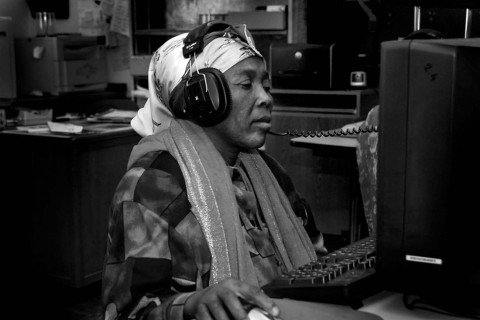 2000sMVRCR BECOMES CULTURAL CONNECTION FOR UTICA COMMUNITY
2000sMVRCR BECOMES CULTURAL CONNECTION FOR UTICA COMMUNITYImmigration, citizenship, interpretation, translation, and cultural competency services were established and offered to not only immigrants and refugees, but to non-native English speaking individuals and other members of the Utica community. Different populations from Burma, Iraq, Nepal, Somalia, and Sudan were resettled.
-
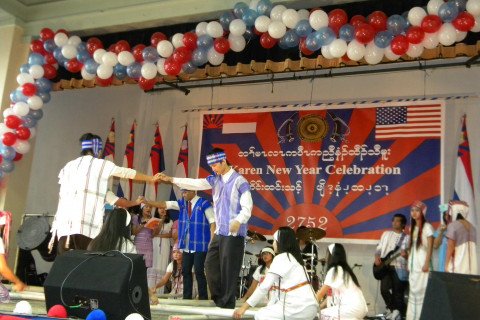 2010sKaren and Burmese Refugees Become Second Largest Group Resettled
2010sKaren and Burmese Refugees Become Second Largest Group ResettledThe Karen people and other populations from Burma (Myanmar) started coming to the U.S. in the early 2000s. By 2019, more than 4,000 people from Burma were resettled in Utica by our programs with hundreds more moving to Utica as secondary migrants.
-
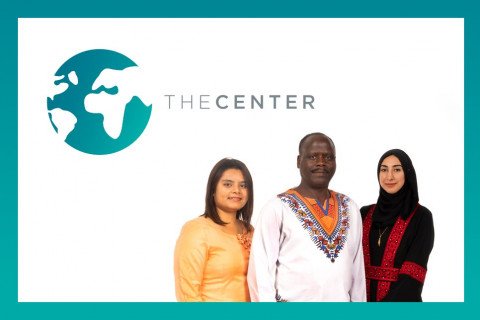 TODAYMVRCR Becomes The Center
TODAYMVRCR Becomes The CenterMVRCR rebrands itself as The Center helping over 16,500+ individuals resettle in the Mohawk Valley region. The Center continues to assist refugees, immigrants, and those with limited English language proficiency throughout the integration process and helps them achieve independence by developing services that enable us to build a community with many cultures.

